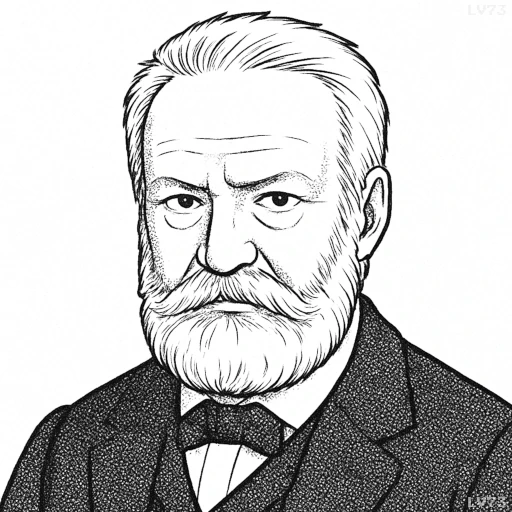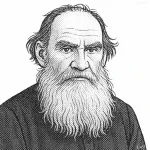“A faith is a necessity to a man. Woe to him who believes in nothing.”

- February 26, 1802 – May 22, 1885
- Born in France
- Author, poet, playwright
table of contents
Quote
“A faith is a necessity to a man. Woe to him who believes in nothing.”
Explanation
In this quote, Victor Hugo emphasizes the essential role of faith in a person’s life. He argues that faith—whether in a religious, moral, or philosophical sense—is a vital part of human existence. It provides a sense of purpose, direction, and meaning that is crucial for navigating life’s challenges. Hugo warns that without belief, a person risks falling into despair or emptiness, as faith serves as the foundation for hope, resilience, and a sense of connection to something greater than oneself. Those who believe in nothing, according to Hugo, are at risk of losing their sense of belonging and guidance, leaving them vulnerable to feelings of desolation.
Hugo’s words reflect his belief that faith is not just a religious or spiritual matter but a necessary element for mental and emotional well-being. In a broader sense, faith can represent any conviction or belief that gives a person the strength to move forward and make sense of the world, whether through ideals, humanity, or personal values.
In modern terms, this quote speaks to the idea that faith—in any form—provides a sense of stability and meaning in life. It encourages us to find something to believe in, as having a guiding belief can give us the strength to face life’s uncertainties and challenges. The quote also highlights the importance of purpose and conviction, suggesting that those who lack faith or belief may struggle to find fulfillment or a sense of direction in their lives.
Would you like to share your impressions or related stories about this quote in the comments section?




